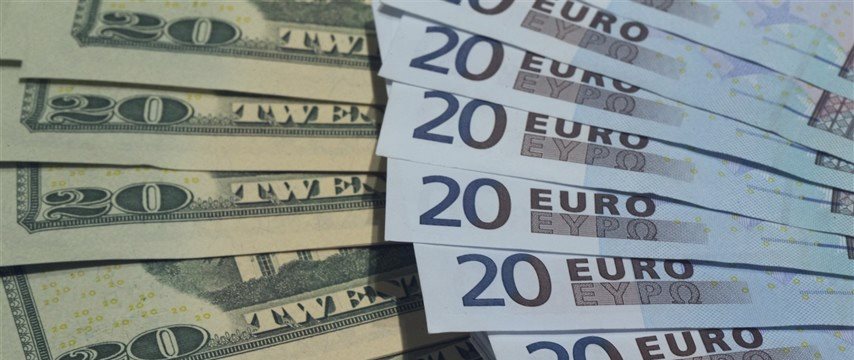The euro remained higher against the U.S. dollar on Thursday, as investors locked in profits after the recent rally and were reluctant to put on strong dollar positions, so
they are lagging what you can see in terms of economic data.
Some disappointing U.S. economic reports fuelled fresh concerns
over the strength of the recovery, weighing on the greenback.
The dollar pared earlier losses against the euro on the jobless claims data and last traded at $1.11 against the single currency.
The U.S. Department of Labor reported that the number of individuals filing for initial jobless benefits in the week ending May 16 rose by 10,000 to 274,000 from the previous week's total of 264,000, while analysts had expected initial jobless claims to rise by 7,000 to 271,000 last week.
The National Association of Realtors said that existing home sales fell 3.3% in April to 5.04 million units from the previous month's revised total of 5.21 million units. Analysts had expected existing home sales to rise 1.0% to 5.24 million units last month.
Moreover, the Federal Reserve Bank of Philadelphia said that its manufacturing index declined to 6.7 this month from a reading of 7.5 in April, confounding expectations for a rise to 8.0.
The data came after Wednesday’s minutes of the Federal Reserve's April meeting did little to alter expectations that the central bank will hold off on raising rates until later this year, with most officials believing that a June rate hike would be premature.
Investors were now awaiting Friday’s U.S. inflation data and a speech by Federal Reserve Chair Janet Yellen for fresh indications on how the economy is performing.
The euro was also bolstered Thursday by nascent signs of a recovery in euro zone activity and climbing German Bund yields which narrowed the spread over U.S. Treasuries.
Earlier, data showed that the preliminary reading of the French composite purchasing managers' index rose to 51.0 up from 50.6 in April, moving further above the 50 level which separates expansion and contraction.
But activity in Germany, the euro area’s largest economy slowed to a five month low, adding to concerns that economic growth is losing momentum.
The preliminary euro zone composite PMI slid to a three month low of 53.4, down from 53.9 in April.
Earlier this week, the possibility of more euros flooding the market sent the common currency lower across the board, as ECB board member Benoit Coeure said the central bank looked to accelerate the pace of money printing to buy government bonds over the next two months.



